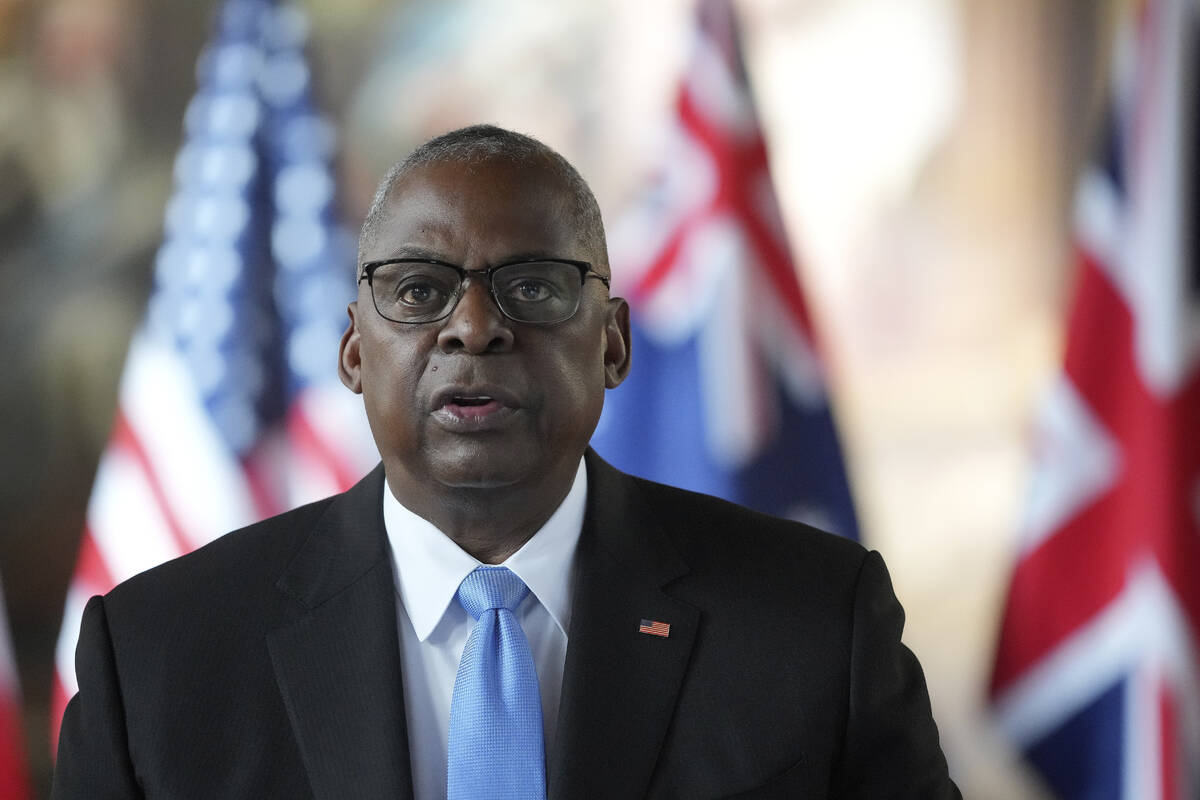U.S. sending more troops to Middle East to boost security

The U.S. is sending a “few thousand” troops to the Middle East to bolster security and to defend Israel if necessary, the Pentagon said Monday.
The additional forces would raise the total number of troops in the region to as many as 43,000.
The increased presence will involve multiple fighter jet and attack aircraft squadrons, Pentagon spokeswoman Sabrina Singh told reporters. U.S. officials said the total includes small numbers of other troops to augment the presence as well.
It follows recent strikes in Lebanon and the assassination of Hezbollah leader Hassan Nasrallah.
Meanwhile, the United Nations agency for Palestinian refugees said a top Hamas commander killed in Lebanon on Monday was one of its employees but had been suspended since allegations of his ties to the terrorist group emerged in March.
Fatah Sharif’s connection to Hamas appeared set to ratchet up pressure on UNRWA, already facing a $80 million funding shortfall this year. Critics have repeatedly blasted the agency, saying it wasn’t doing enough to root out Hamas terrorists from its ranks.
Also, Yemen’s Houthi terrorists claimed Monday they shot down another American-made MQ-9 Reaper drone over the country, with videos purportedly showing a surface-to-air missile striking it. The U.S. military acknowledged losing a drone.
The additional U.S. personnel includes squadrons of F-15E, F-16, and F-22 fighter jets and A-10 attack aircraft, and the personnel needed to support them. The jets were supposed to rotate in and replace the squadrons already there. Instead, both the existing and new squadrons will remain in place to double the airpower on hand.
On Sunday, Defense Secretary Lloyd Austin announced that he was temporarily extending the USS Abraham Lincoln carrier strike group and its embarked air wing in the region. A U.S. official said the extension will be for about a month.
A second carrier, the USS Harry S. Truman, departed Virginia last week and is enroute to Europe. It will head to the Mediterranean Sea and will again provide a two-carrier presence in the broader region. It’s not expected to arrive for at least another week.
At the White House, President Joe Biden said Monday that “I’m more aware than you might know” about reports that Israel is planning a limited ground incursion into Lebanon after nearly a year of fighting with Hezbollah, and said he wants a cease-fire immediately.